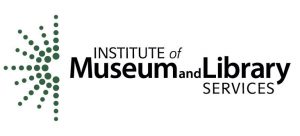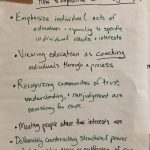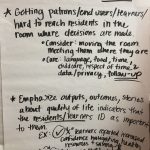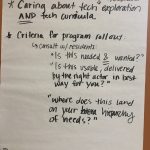I am incredibly honored and excited to announce that last week I received an IMLS National Leadership Grant (#LG-71-18-0110-18) to work with my amazing colleagues Georgia Bullen and Chris Ritzo at New America’s Open Technology Institute and James Werle at Internet2 for the next two years to examine how advanced broadband measurement capabilities can support the infrastructure and services needed to respond to the digital demands of public library users across the U.S.
Here’s the description of the project from the IMLS website:
“Simmons College, along with New America’s Open Technology Institute, and Internet2, will examine how advanced broadband measurement capabilities can support the infrastructure and services needed to respond to the digital demands of public library users across the U.S. The project will gather quantitative and qualitative data from public libraries across the country to 1) understand the broadband speeds and quality of service that public libraries receive; 2) assess how well broadband service and infrastructure are supporting their communities’ digital needs; 3) understand broadband network usage and capacity; and 4) increase their knowledge of networked services and connectivity needs. The project deliverables include an open source and replicable broadband measurement platform, training manual to help public librarians use that platform, and a final report on the project.”
Visit the IMLS website to download our program materials to learn more about the project.




